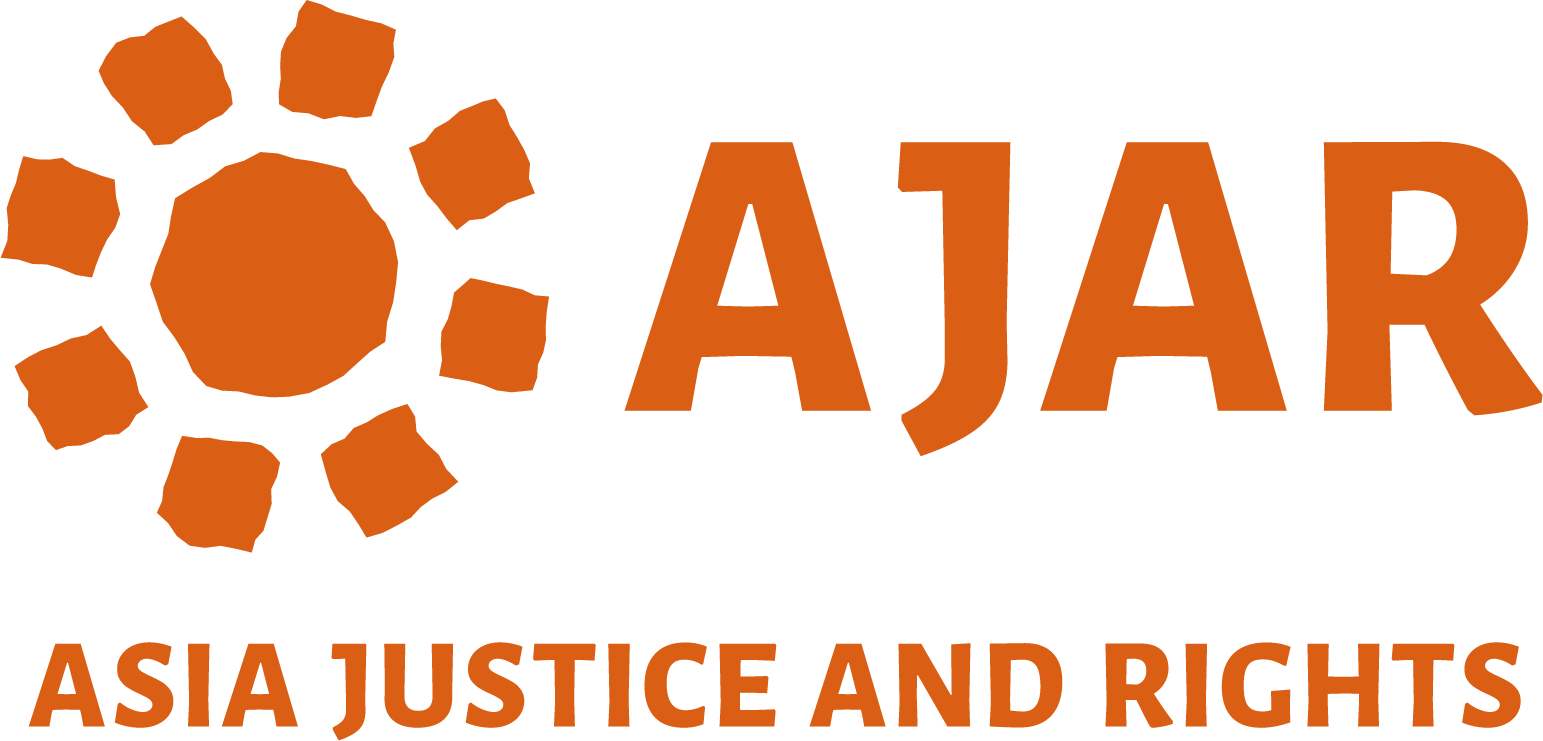States must take all necessary measures, including legislative and administrative reforms, to ensure that public institutions are organised in a manner that ensures respect for the rule of law and protection of human rights. At a minimum, States should undertake the following measures:
- Public officials and employees who are personally responsible for gross violations of human rights, in particular those involved in military, security, police, intelligence and judicial sectors, shall not continue to serve in state institutions. Their removal shall comply with the requirements of due process of law and the principle of non-discrimination. Persons formally charged with individual responsibility for serious crimes under international law shall be suspended from official duties during the criminal or disciplinary proceedings.
- With respect to the judiciary, states must undertake all other measures necessary to assure the independent, impartial and effective operation of courts in accordance with international standards of due process. Habeas corpus, by whatever name it may be known, must be considered a non-derogable right.
- Civilian control of military and security forces as well as of intelligence agencies must be ensured and, where necessary, established or restored. To this end, States should establish effective institutions of civilian oversight over military and security forces and intelligence agencies, including legislative oversight bodies.
- Civil complaint procedures should be established and their effective operation assured.
- Public officials and employees, in particular those involved in military, security, police, intelligence and judicial sectors, should receive comprehensive and ongoing training in human rights and, where applicable, humanitarian law standards and in implementation of those standards.
